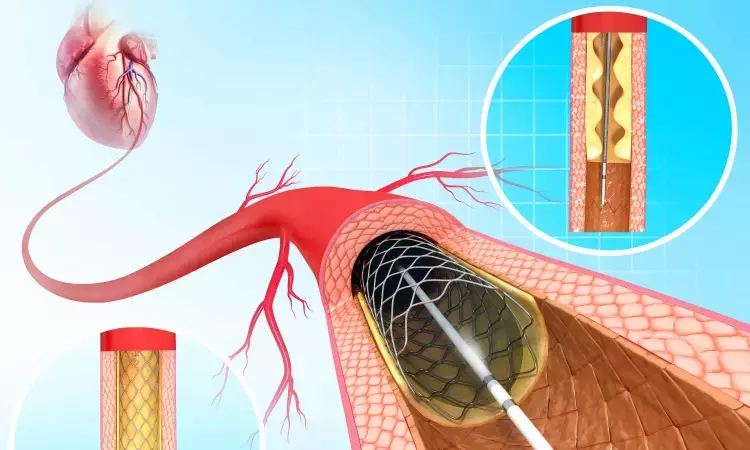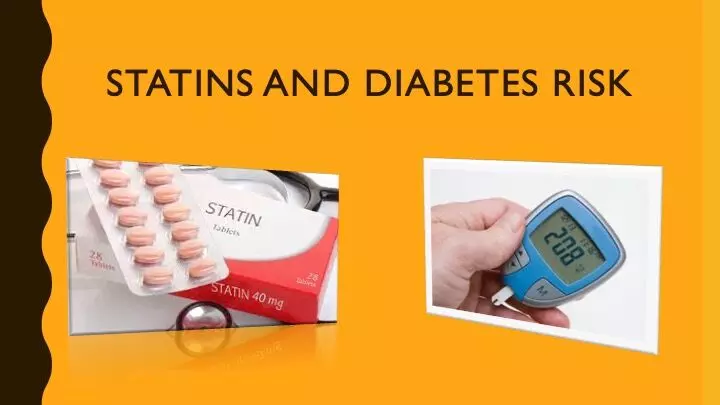- Home
- Medical news & Guidelines
- Anesthesiology
- Cardiology and CTVS
- Critical Care
- Dentistry
- Dermatology
- Diabetes and Endocrinology
- ENT
- Gastroenterology
- Medicine
- Nephrology
- Neurology
- Obstretics-Gynaecology
- Oncology
- Ophthalmology
- Orthopaedics
- Pediatrics-Neonatology
- Psychiatry
- Pulmonology
- Radiology
- Surgery
- Urology
- Laboratory Medicine
- Diet
- Nursing
- Paramedical
- Physiotherapy
- Health news
- Fact Check
- Bone Health Fact Check
- Brain Health Fact Check
- Cancer Related Fact Check
- Child Care Fact Check
- Dental and oral health fact check
- Diabetes and metabolic health fact check
- Diet and Nutrition Fact Check
- Eye and ENT Care Fact Check
- Fitness fact check
- Gut health fact check
- Heart health fact check
- Kidney health fact check
- Medical education fact check
- Men's health fact check
- Respiratory fact check
- Skin and hair care fact check
- Vaccine and Immunization fact check
- Women's health fact check
- AYUSH
- State News
- Andaman and Nicobar Islands
- Andhra Pradesh
- Arunachal Pradesh
- Assam
- Bihar
- Chandigarh
- Chattisgarh
- Dadra and Nagar Haveli
- Daman and Diu
- Delhi
- Goa
- Gujarat
- Haryana
- Himachal Pradesh
- Jammu & Kashmir
- Jharkhand
- Karnataka
- Kerala
- Ladakh
- Lakshadweep
- Madhya Pradesh
- Maharashtra
- Manipur
- Meghalaya
- Mizoram
- Nagaland
- Odisha
- Puducherry
- Punjab
- Rajasthan
- Sikkim
- Tamil Nadu
- Telangana
- Tripura
- Uttar Pradesh
- Uttrakhand
- West Bengal
- Medical Education
- Industry
CTO PCI significantly improves Angina symptoms and QoL without affecting MACE

A groundbreaking study from Iran has brought fresh perspectives to the field of chronic total occlusion (CTO) interventions, where most of the existing evidence originates from Western and Japanese studies. This research not only evaluated the technical success rates and clinical outcomes of an Iranian population undergoing CTO percutaneous coronary intervention (PCI) but also scrutinized the effectiveness of a CTO teaching program, offering valuable insights for the medical community.
The study results were published in the journal Indian Heart Journal.
Historically, most of the data and insights concerning CTO interventions have been drawn from Western and Japanese studies. However, until now, there has been a scarcity of information emerging from the Middle East, leaving a significant knowledge gap in the understanding of this complex medical procedure. The primary objective of the study was to assess the technical success rates and clinical outcomes of CTO PCI procedures performed in an Iranian population. This research was carried out within a tertiary referral hospital, where operators had varying annual volumes of CTO PCI cases. The study's secondary goal was to evaluate the effectiveness of a dedicated CTO teaching program, which could potentially enhance the success of these complex interventions.
This retrospective, single-center cohort study involved 790 patients who underwent CTO PCI. The procedures were performed by operators with varying annual volumes of CTO PCI cases. Based on the PCI outcomes, the patients were categorized into two groups: those with successful CTO PCI (555 patients, 70.3%) and those with unsuccessful procedures (235 patients, 29.7%). The study's endpoints included Major Adverse Cardiovascular Events (MACE) and the enhancement of health status, assessed using the Seattle Angina Questionnaire, over the course of one year.
Findings:
- The study revealed an overall success rate of 70% for antegrade and 80% for retrograde approaches, despite the absence of certain CTO-dedicated devices.
- Over the enrollment period, operators with lower annual CTO procedure volumes saw a significant increase in their success rates.
- The one-year MACE rate exhibited similarity between the successful and unsuccessful groups (13.5% in the successful group and 10.6% in the unsuccessful group, p = 0.173).
- Notably, one year after the procedures, patients' health status exhibited significant improvement only within the successful group.
The study findings indicated that there were no notable differences in in-hospital and one-year MACE rates between the successful and unsuccessful CTO PCI groups. However, the successful CTO PCI procedures led to considerable enhancements in angina symptoms and patients' overall quality of life. The RAIAN registry underlines the pivotal role of operator expertise in achieving success in CTO PCI procedures, shedding light on the importance of training programs and experience in enhancing patient outcomes in this field.
Further reading: Outcomes of chronic total occlusion percutaneous coronary intervention from the RAIAN (RAjaie - Iran) registry. DOI: https://doi.org/10.1016/j.ihj.2023.10.002
Indian Heart J. 2023 Oct 20 [Online ahead of print]
BDS, MDS
Dr.Niharika Harsha B (BDS,MDS) completed her BDS from Govt Dental College, Hyderabad and MDS from Dr.NTR University of health sciences(Now Kaloji Rao University). She has 4 years of private dental practice and worked for 2 years as Consultant Oral Radiologist at a Dental Imaging Centre in Hyderabad. She worked as Research Assistant and scientific writer in the development of Oral Anti cancer screening device with her seniors. She has a deep intriguing wish in writing highly engaging, captivating and informative medical content for a wider audience. She can be contacted at editorial@medicaldialogues.in.
Dr Kamal Kant Kohli-MBBS, DTCD- a chest specialist with more than 30 years of practice and a flair for writing clinical articles, Dr Kamal Kant Kohli joined Medical Dialogues as a Chief Editor of Medical News. Besides writing articles, as an editor, he proofreads and verifies all the medical content published on Medical Dialogues including those coming from journals, studies,medical conferences,guidelines etc. Email: drkohli@medicaldialogues.in. Contact no. 011-43720751




